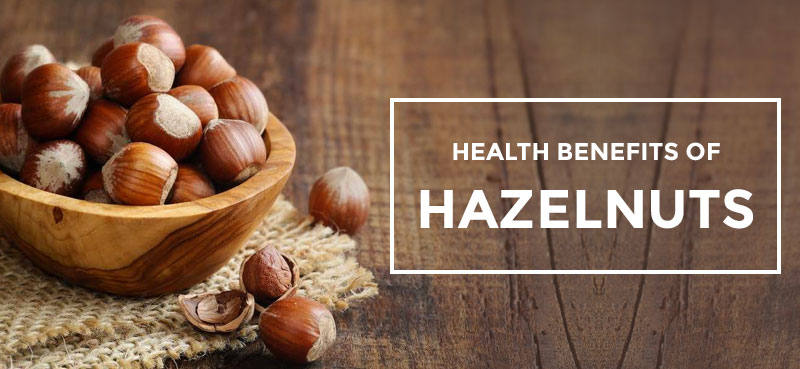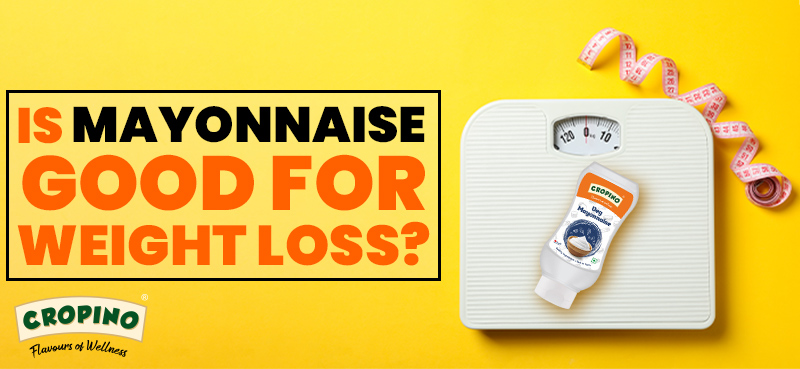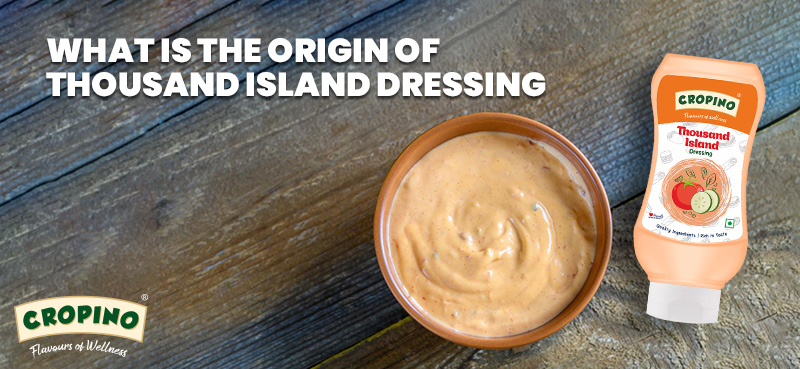At CROPINO, we are committed to providing you with the most up-to-date and valuable information on maintaining a healthy lifestyle. In this blog, we will explore the topic of cholesterol management and delve into the benefits of consuming peanuts. Our aim is to help you understand how peanuts can positively impact your cholesterol levels and Peanut Good for Cholesterol.
Understanding Cholesterol
Before we delve into the potential benefits of peanuts, let’s first understand the role of cholesterol in our bodies. Cholesterol is a waxy substance found in the fats (lipids) in our blood. While our bodies need cholesterol to build healthy cells, having too much of it can be detrimental to our health.
There are two main types of cholesterol: low-density lipoprotein (LDL) and high-density lipoprotein (HDL). LDL cholesterol, often referred to as “bad” cholesterol, can build up in the arteries and increase the risk of heart disease. HDL cholesterol, on the other hand, is considered “good” cholesterol as it helps remove LDL cholesterol from the bloodstream, reducing the risk of heart problems.
The Link Between Peanuts and Cholesterol
Now, let’s explore the fascinating connection between peanuts and cholesterol management. Studies have shown that regular peanut consumption can have several positive effects on our cholesterol levels, thanks to the nutrient-rich profile of peanuts.
- Healthy Fats: Peanuts are a fantastic source of monounsaturated and polyunsaturated fats, which are known to reduce LDL cholesterol levels in the blood. These beneficial fats help maintain healthy blood vessels and promote overall cardiovascular well-being.
- Phytosterols: Peanuts are naturally rich in phytosterols, plant compounds that have a similar structure to cholesterol. These compounds compete with cholesterol for absorption in the digestive system, effectively reducing the amount of LDL cholesterol that enters the bloodstream.
- Fiber Content: Peanuts are an excellent source of dietary fiber, which has been linked to improved cholesterol levels. High-fiber diets have been shown to lower LDL cholesterol and increase HDL cholesterol, ultimately reducing the risk of heart disease.
- Antioxidants: Peanuts are packed with powerful antioxidants, including resveratrol and vitamin E. These antioxidants help prevent the oxidation of LDL cholesterol, reducing the formation of plaque in the arteries and decreasing the risk of atherosclerosis.
Also, read about Peanut Butter vs Boiled Peanuts: Which is Better
Incorporating Peanuts into Your Diet
Now that we have explored the benefits of peanuts for cholesterol management, let’s discuss some practical ways to incorporate them into your daily diet. Here are a few suggestions:
- Snack on Roasted Peanuts: Keep a jar of unsalted roasted peanuts within reach for a quick and healthy snack option. Remember to practice portion control, as peanuts are calorie-dense.
- Add Peanut Butter to Your Breakfast: Spread CROPINO Natural Peanut Butter on whole-grain toast or incorporate it into your oatmeal or smoothies. This will provide a satisfying and heart-healthy start to your day.
- Include Peanuts in Salads: Sprinkle some crushed peanuts on your salads for an added crunch and nutty flavor. Pair them with leafy greens, colorful vegetables, and a light dressing for a nutritious meal.
- Experiment with Peanut-based Recipes: Explore the world of culinary creativity by incorporating peanuts into various dishes. From stir-fries to satay sauces, peanuts can add a delightful twist to your meals while offering their cholesterol-lowering benefits.
Conclusion
The consumption of peanuts can be a valuable addition to your cholesterol management efforts. The combination of healthy fats, phytosterols, fiber, and antioxidants in peanuts contribute to lower LDL cholesterol levels and promote heart health. By incorporating peanuts into your daily diet through snacking or meal preparation, you can take an active step towards maintaining healthy cholesterol levels and reducing the risk of cardiovascular disease.
Read Next Blog:















